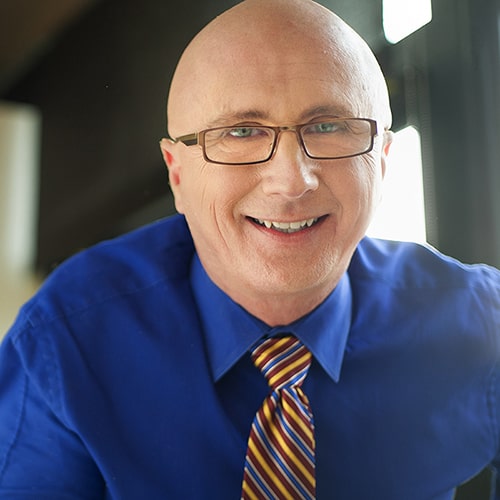Attention Blindness.
We experience it everyday of our lives, virtually all the time. But because we are blind to what we are blind to, we are not aware that it is happening.
Daniel Simons calls it the most effective cloaking device known to man- the mind. In his September 2012 article in the Smithsonian Magazine, he discusses how our ability and need to focus, makes many obvious things going on around us invisible. His article discusses attention blindness and eye witnesses to crimes.
Kathryn Davidson is a neuroscientist (an interdisciplinary study of biology, chemistry and psychology). In her book, Now You See It, she explains that there is too much going on around us to be aware of all of it. If we tried to process everything we would be overwhelmed and our ability to function would be diminished. She states that we are often deselecting more information than we are selecting to focus on.
You can see where this is going. What happens if we have deselected information or factors that are actually more important than the ones we have deemed important? The truth is we cannot focus on everything, but we need to be aware that we may not be seeing everything that is truly important.
We all have heard of or perhaps know someone who has gone through, a life altering experience- perhaps a diagnosis of cancer. These experiences can cause a re-evaluation of what is important. A refocusing on what we are seeing and valuing in our life.
Whether it is our relationship to work, or any other aspect of our life, it’s invaluable to be aware of this phenomenon. The ability to pull back from the trees and look at a new section of the forest can help us identify important factors that we have deselected.
Here is a simple example- In the area of law that I practice there are several statutes that I have read well over a thousand times. I know them backwards and forwards. But when someone asks me a question I have not been asked, I say “I don’t know the answer. I will have to read the statute with that question in mind.” When I review it, I am reading the same words I have seen for over 25 years, from a new perspective. I see and understand them in a different light.
How do we avoid crisis as the primary way we re-evaluate what is important in our work and personal lives? Here are questions you can ask yourself to institute a proactive re-evaluation process. This can apply to your legal assistant, associate, receptionist, office manager, law partner and any important relationship in our personal life.
First, what are the purposes of the relationship for you? Take your time answering this question. Dig deep for the answers. You’re looking for truths that resonate inside of you- answers that are of an expansive nature about who you are and what you wish to become
Second, what are the purposes of the relationship for the other person? Write down what you see. Over the next week, listen to their words and actions and then look at what you wrote down. Ask them what are the deeper reasons they are in the relationship. What are they looking for and what they are struggling to become? The answers may hold surprises. Often we can be keeping these deeper answers even from ourselves.
What did you discover about yourself and the other person? What is new? What did you kind of know but don’t really think of?
By asking ourselves questions and digging deeper for answers, we can sometimes see anew what we thought we knew well.
Through this recalibration process we continue to discover what is important in life so not to be living our lives with blind eyes wide open.






0 Comments